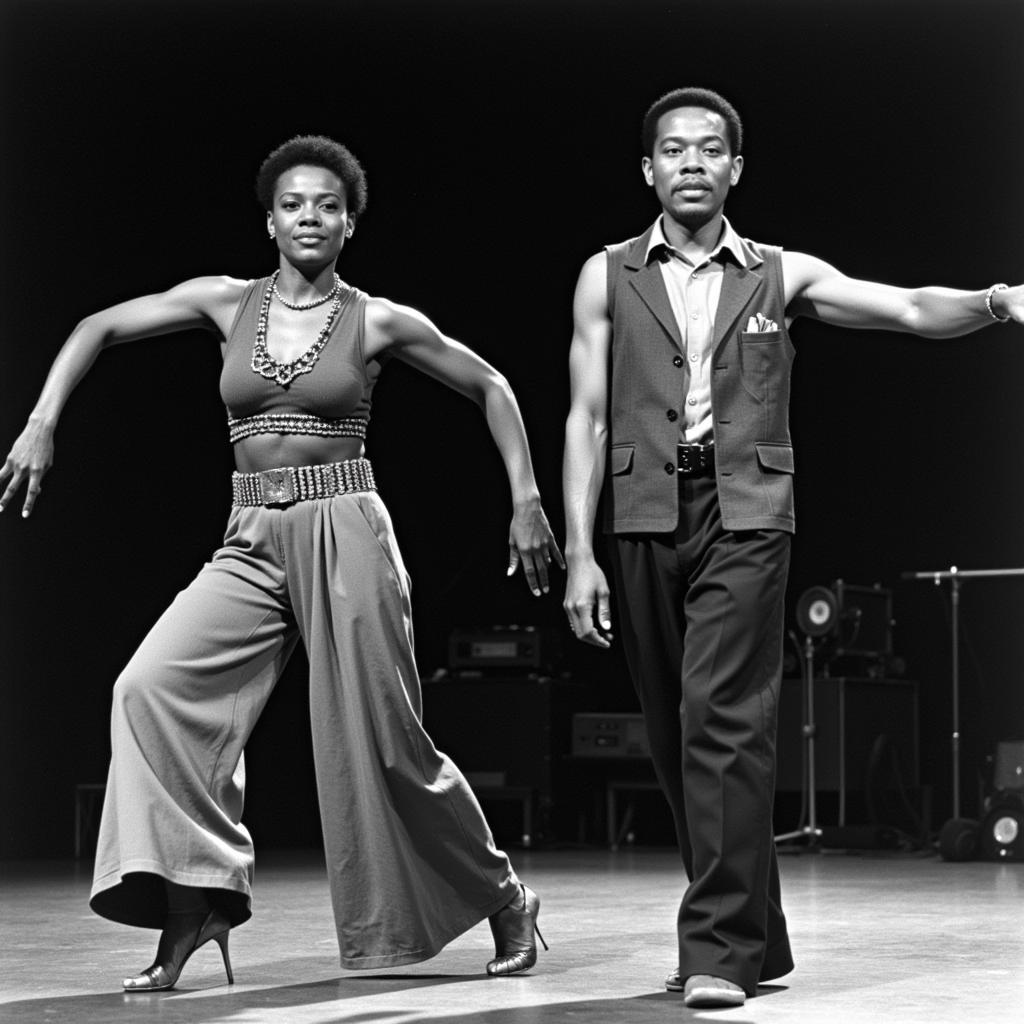African American Literature: A Journey Through Short Stories
African American literature has a rich and diverse history, with a wide range of voices and perspectives shaping its narrative. One of the most captivating aspects of this literary tradition is the abundance of powerful short stories that explore themes of identity, race, and social justice. These stories offer a window into the African American experience, providing insights into the challenges and triumphs of a community shaped by resilience and a deep sense of cultural heritage.
Early Influences and Defining Moments
The roots of African American literature can be traced back to the era of slavery, with narratives like “The Interesting Narrative of the Life of Olaudah Equiano, or Gustavus Vassa, the African” (1789) offering firsthand accounts of the horrors of the transatlantic slave trade. These early narratives laid the foundation for later works that sought to challenge prevailing racial stereotypes and advocate for equality.
The Harlem Renaissance: A Literary Explosion
The Harlem Renaissance of the 1920s and 1930s was a pivotal moment in African American literary history, marked by a surge in creativity and a celebration of Black culture. Writers like Langston Hughes, Zora Neale Hurston, and W.E.B. Du Bois produced groundbreaking short stories that explored the complexities of Black life in America. These stories often depicted the realities of segregation, discrimination, and the search for identity in a society that sought to define them.
“The Harlem Renaissance was a time of immense artistic ferment, where Black writers, musicians, and artists came together to express their experiences and challenge the prevailing narratives of their time,” says Professor Aisha Muhammad, a renowned scholar of African American literature.
Exploring Themes and Techniques
African American short stories are characterized by their exploration of a diverse range of themes, including:
- Race and Identity: Many stories grapple with the experiences of being Black in a racially segregated society, exploring themes of self-perception, prejudice, and the quest for belonging.
- Social Justice and Inequality: African American writers have long used their art to advocate for social justice, exposing the systemic inequities faced by Black communities and championing the fight for equality.
- Family, Community, and Culture: The importance of family, community, and cultural heritage are recurring themes, highlighting the strength and resilience of Black communities in the face of adversity.
- Love, Loss, and Resilience: Stories often explore the depths of human emotions, capturing the complexities of love, loss, and the unwavering spirit of those who endure hardship.
African American short story writers employ a variety of literary techniques to convey their narratives:
- First-Person Narratives: These allow readers to experience the story through the eyes of the protagonist, providing intimate glimpses into their thoughts and feelings.
- Third-Person Narratives: This approach allows for a wider perspective, offering insights into multiple characters and perspectives.
- Symbolism and Metaphor: Writers often utilize symbolism and metaphor to create deeper meaning and evoke emotional responses in readers.
- Stream of Consciousness: This technique captures the flow of thoughts and feelings, offering a unique glimpse into the protagonist’s inner world.
Notable African American Short Story Writers
A number of African American writers have made significant contributions to the genre, including:
- Langston Hughes: Known for his poetic and poignant stories, Hughes explored themes of race, poverty, and the search for identity in Harlem.
- Zora Neale Hurston: A master of vernacular language, Hurston’s stories celebrated Black culture and explored themes of folklore, gender, and social class.
- Toni Cade Bambara: Bambara’s stories often depicted the struggles and triumphs of Black women in urban communities, focusing on themes of family, community, and social justice.
- Alice Walker: Walker’s work is known for its lyrical prose and powerful portrayals of Black women’s experiences, with themes of racism, sexism, and the search for self-worth.
- James Baldwin: Baldwin’s stories often explored the complexities of race and identity in America, challenging the prevailing narratives of the time and confronting the realities of racism and prejudice.
Resources and Further Exploration
If you’re interested in exploring the world of African American short stories, there are numerous resources available:
- African ebooks
- African females writers
- African american female writers harlem renaissance
- African american writers in the harlem renaissance
- African american studies pacing guide
Frequently Asked Questions
What are some of the most important themes explored in African American short stories?
African American short stories often explore themes of race, identity, social justice, family, community, and culture. These themes are interwoven to provide a multifaceted portrayal of the African American experience.
Who are some of the most influential African American short story writers?
Langston Hughes, Zora Neale Hurston, Toni Cade Bambara, Alice Walker, and James Baldwin are among the most influential African American short story writers. Their works continue to inspire and engage readers with their poignant narratives and powerful insights.
How can I find more African American short stories to read?
There are numerous anthologies and collections of African American short stories available, both in print and online. You can also explore the works of individual authors who have made significant contributions to the genre.
What are some of the unique literary techniques employed by African American short story writers?
African American short story writers often employ techniques such as first-person narratives, third-person narratives, symbolism and metaphor, and stream of consciousness to effectively convey their stories and themes.
Why is it important to study African American literature?
Studying African American literature offers valuable insights into the history, culture, and struggles of Black communities in America. It provides a platform for diverse voices and perspectives, challenging prevailing narratives and fostering a deeper understanding of social justice issues.
African American short stories offer a powerful and moving exploration of the human condition. They provide a lens through which to understand the complexities of race, identity, and social justice, highlighting the resilience and strength of a community that has long fought for equality and recognition. By engaging with these narratives, we can gain a deeper appreciation for the richness and diversity of African American literature and its enduring contribution to American culture.


